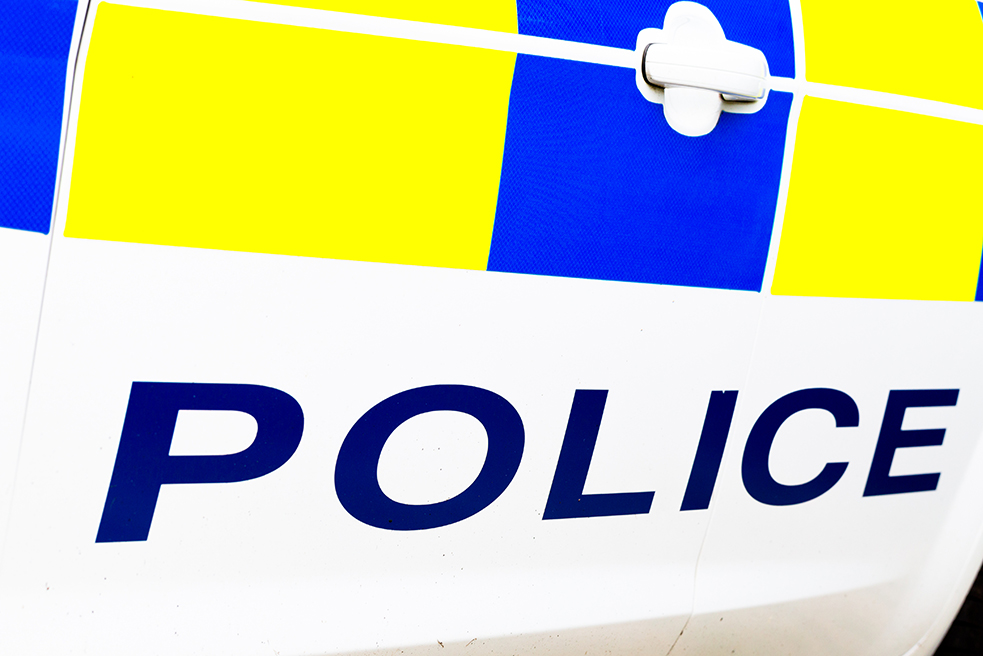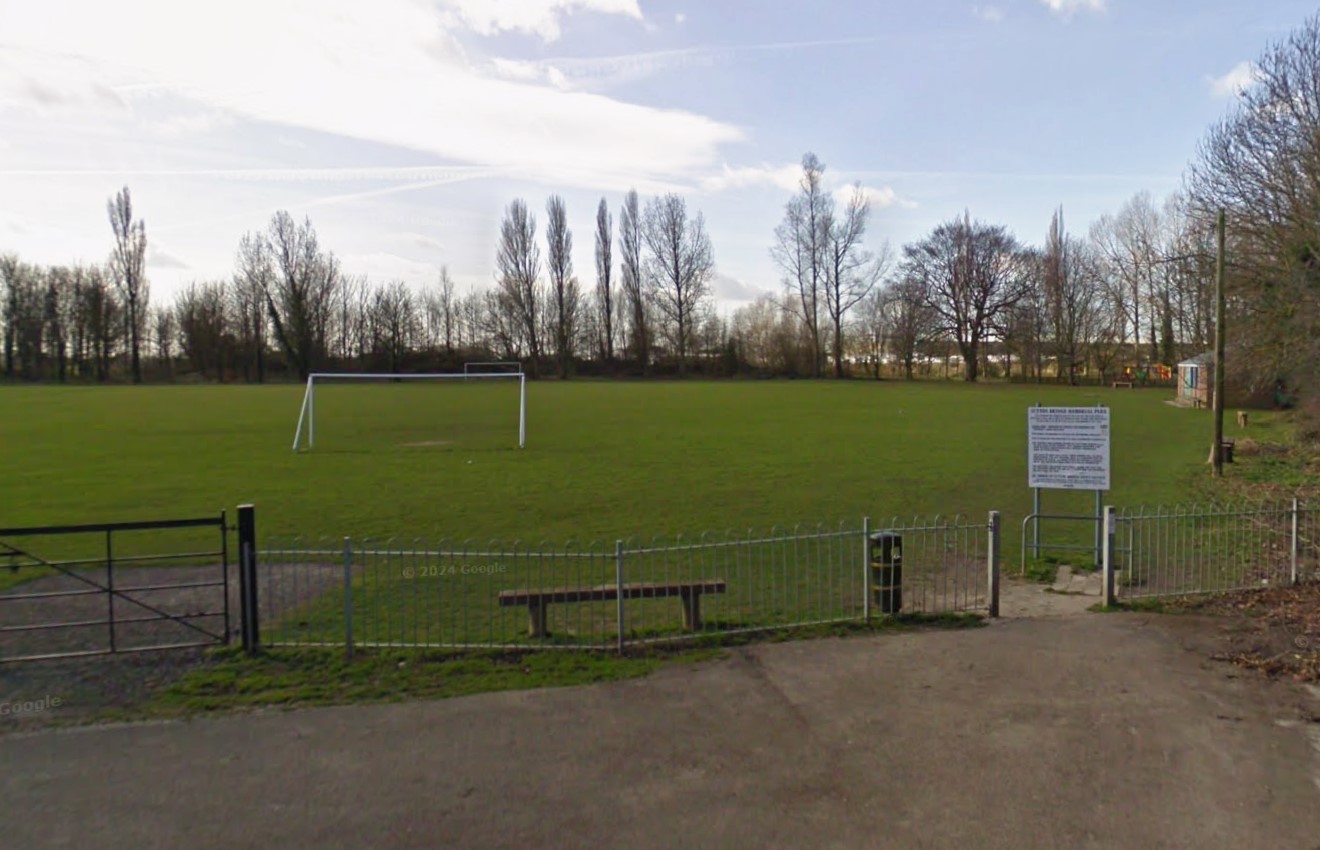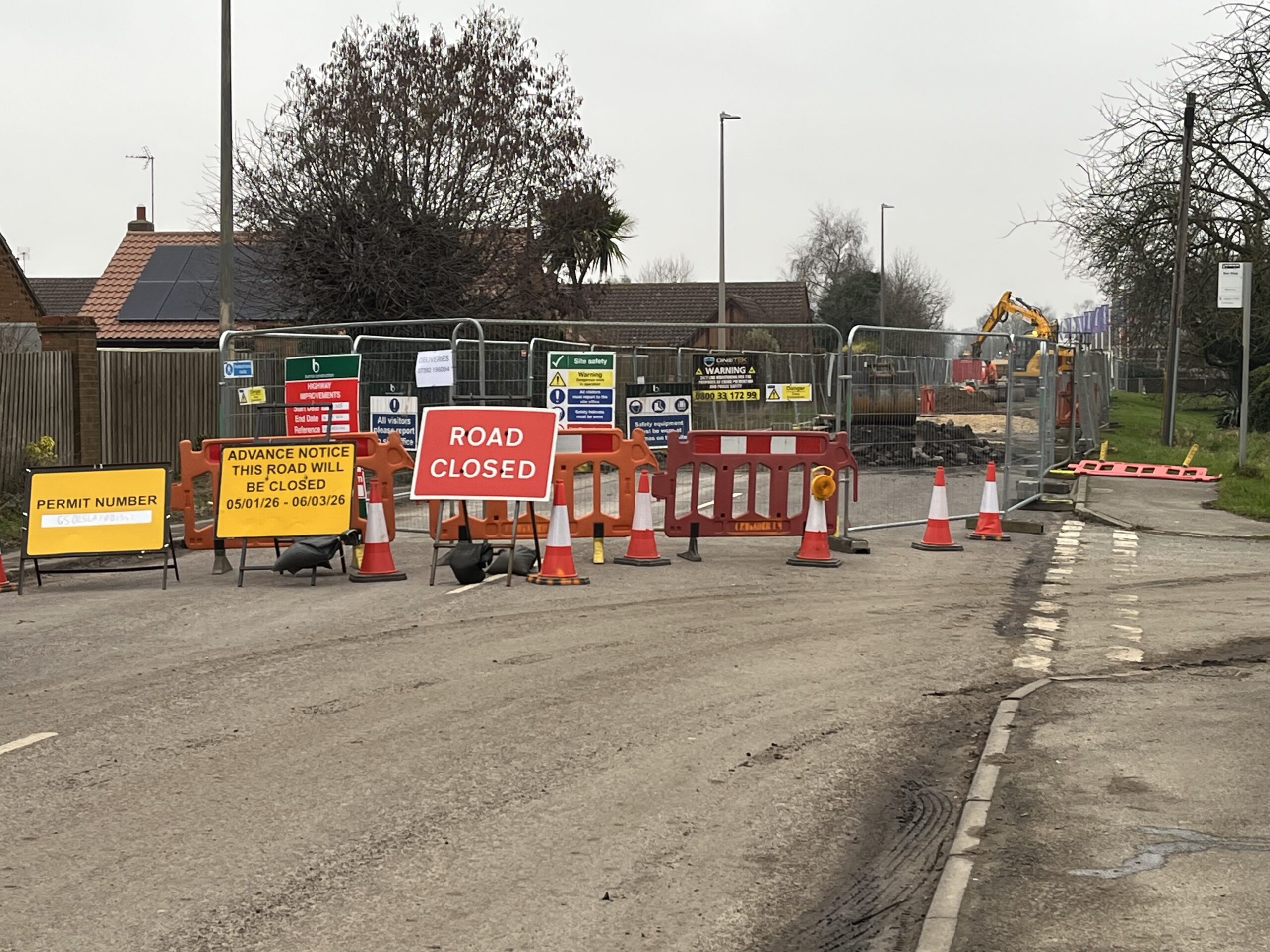As the chair of SHDC Licensing Committee I have read with interest the lead article in last week’s Spalding Voice welcoming the offer of support from John Hayes MP with the current legislation of licensing premises for the sale and supply of alcohol for consumption off the premises. Generally known as off licences. As such specialist off licences have all but disappeared from our streets, being replaced with supermarkets, convenience stores and general food shops – grocers, all now seeking to add the sale of wines, beers and spirits to their retail offering.
This changing pattern of retailing across the UK has come about due to several factors; we are now experiencing the results of the changes in the Licensing Laws introduced by the Blair government in November 2005 replacing the 1964 Licensing Act and other legislation with the Licensing Act of 2003. Consolidating a number of pieces of alcohol legislation and introducing a “light touch” to drinks licensing with 24 hour licences.
Under the 64 Act. Application for a Liquor Licence was made by a presentation to the magistrates’ court demonstrating, suitability of premises and applicant, the retailing style and most importantly, the need for the business.
With the 2003 Act, written application for a premises licence is made to the licensing authority for the locality, in most cases , the district council. Application is submitted to the authority and a number of responsible authorities e.g. police, Trading standards, fire service, planning authority, and several others. It must include the name of a person qualified to hold a personal licence.
Arguably the most significant difference is that applicants are no longer required to demonstrate need.
The Licensing Act 2003 is underpinned by four licensing objective:
- the prevention of crime and disorder
- public safety
- the prevention of public nuisance
- the protection of children from harm.
Applications must be advertised in the local press and on the premises. Anyone with concerns relating to any of the licensing objectives may make a representation (objection). When no representation, the law requires that the licence must be granted. Where representation is received the matter goes to a hearing of the licensing sub-committee when in presentation the representations fully considered.
The sub-committee will determine the application and may refuse to grant, or grant with conditions. The safety net of this quasi-judicial approach is that either party may appeal the decision to the magistrates’ court The application is then made to the magistrates.
Once trading a review of the licence may be called should the any of the licensing objectives be found to be compromised
Details of how to make a representation or call for a review are on the SHDC website. Further detailed help and advice is available from the licensing team at Priory Rd.
The natural growth of specialist food shops now exercising their legal right of including alcohol as part of their retail offering, has brought about serious concerns regarding the increased availability and abuse of alcohol consumption.
The phenomena of the growth of street drinking across the nation being of especially serious concern with the SHDC Licensing Manager being part of the Local Government Association committee looking at national issues.
In November 2009 SHDC introduced a Designated Public Place Order, DPPO, covering Spalding town centre, giving police powers to seize and destroy alcohol from persons drinking in public within the DPPO area.
In October 2012 I set up a partnership committee to examine the correlation of numbers of outlets to the incidence of alcohol associated anti-social behaviour, to see what further action could be taken It looked at a range of evidence and tested the legal arguments of the introduction of a Cumulative Impact Policy allowing the Licensing Authority to refuse the grant of new applications within a designated area .
The results of the legal tests led the partnership to look at other measures to combat the issue
- the police introduced Operation Trunk, a concerted approach to enforcement of the DPPO which has had significant effect on the reduction of street drinking in the town centre.
- the introduction of Spalding Street Pastors whose volunteers are doing excellent work in the hours of the night economy.
- Safer Spalding Code of Good Practice for off licence retailers. The voluntary code covers guidance on the legal and social responsibility for licensed retailers with requirement to conduct regular staff training on the sale of alcohol to and for young persons and to a person who is drunk
- two further options for retailers which have had proven success in other parts of the country which EU Competition Law requires must be purely voluntary and at the complete discretion of the individual retailer.
- reducing the strength a voluntary ban on cheaply priced high alcohol content beers, lagers and ciders
- ceasing selling single cans of products favoured by street drinkers.
Work on this is still ongoing and I look forward to working with John Hayes on the reform of the Licensing Act 2003 to bring back the requirement to establish NEED and on the current stringent requirements of a Cumulative Impact Policy within Spalding.
I am confident that I shall be in conference with Mr Hayes in the near future and look forward to outcomes which will allow your local licensing authority to continue to serve legally and effectively in the safeguarding of our community
Coun Malcolm Chandler, chair to the licensing committee South Holland District Council






